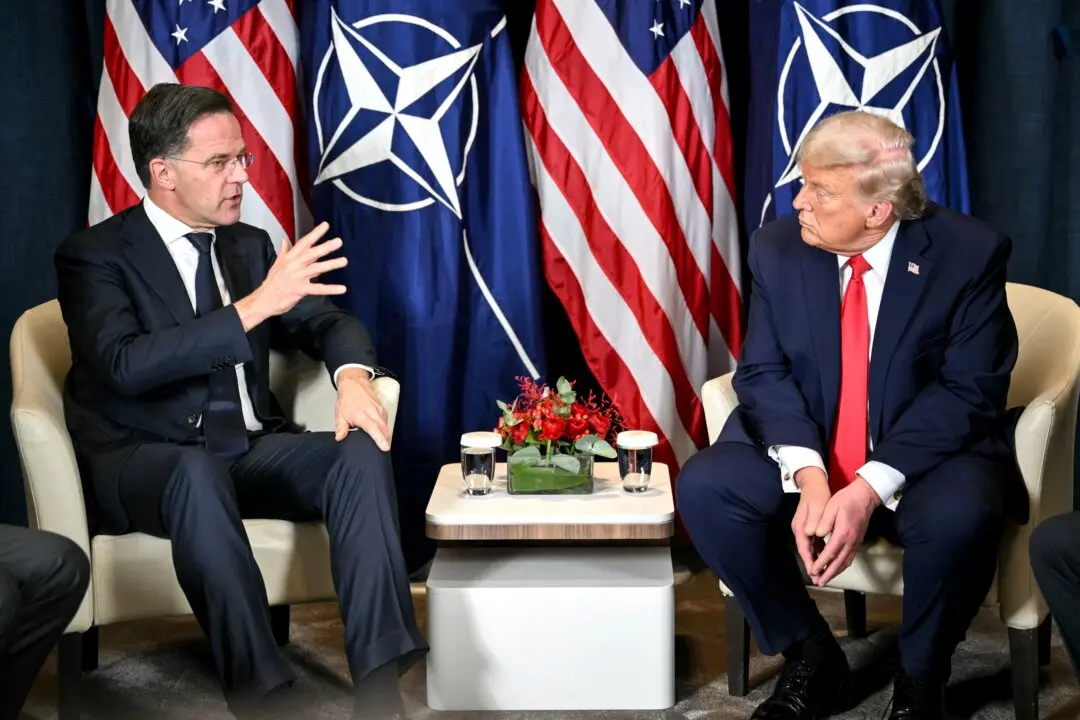Commentary
The election in Argentina of Javier Milei, a flamboyant but coherent supply-side economist who draws his principal inspiration from Milton Friedman and Friedrich Hayek, has excited considerable anxiety in international soft left circles. Many commentators put it together with other recent or anticipated electoral fluctuations in Western democracies and purport to find a reactionary trend.





